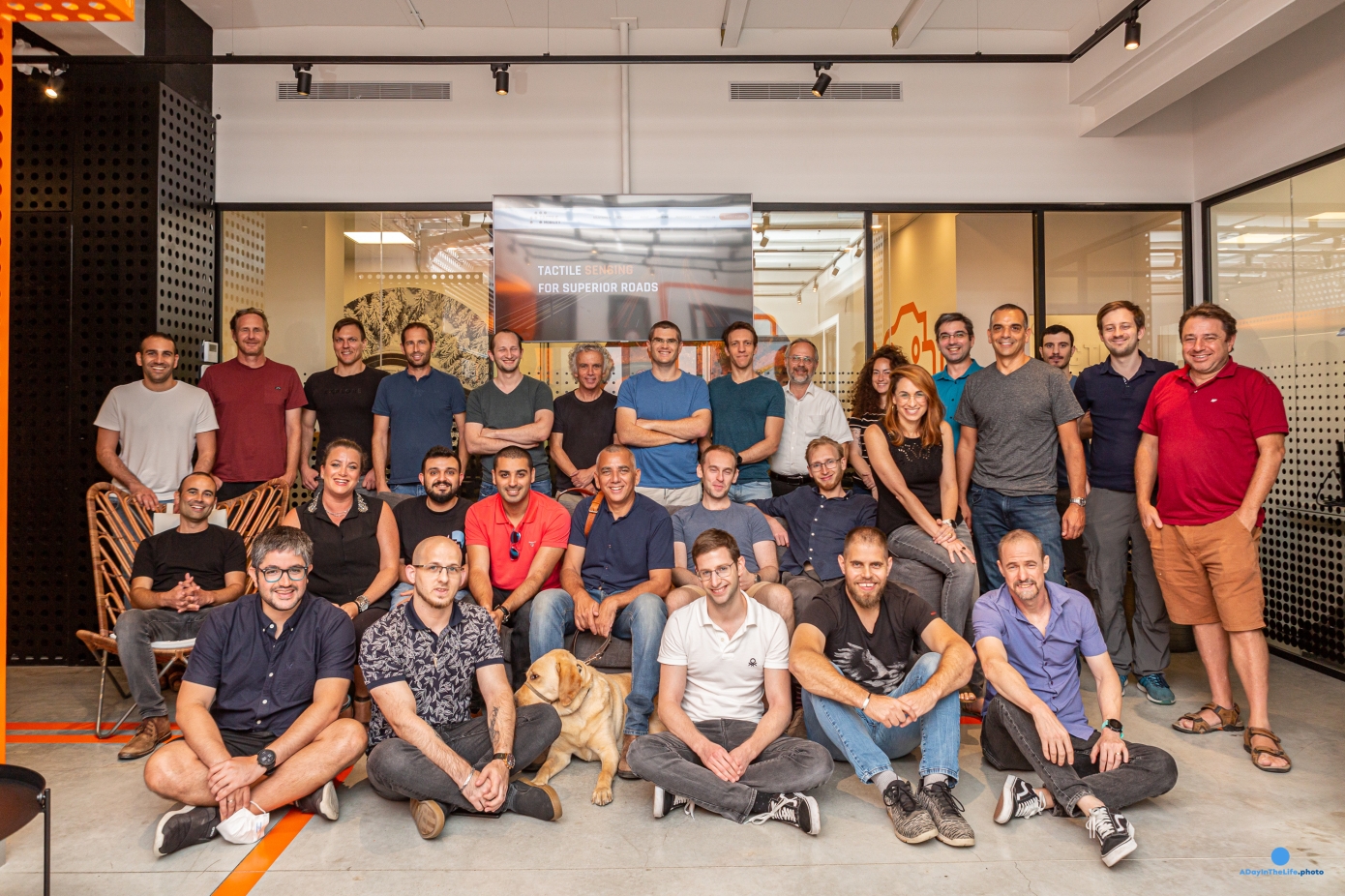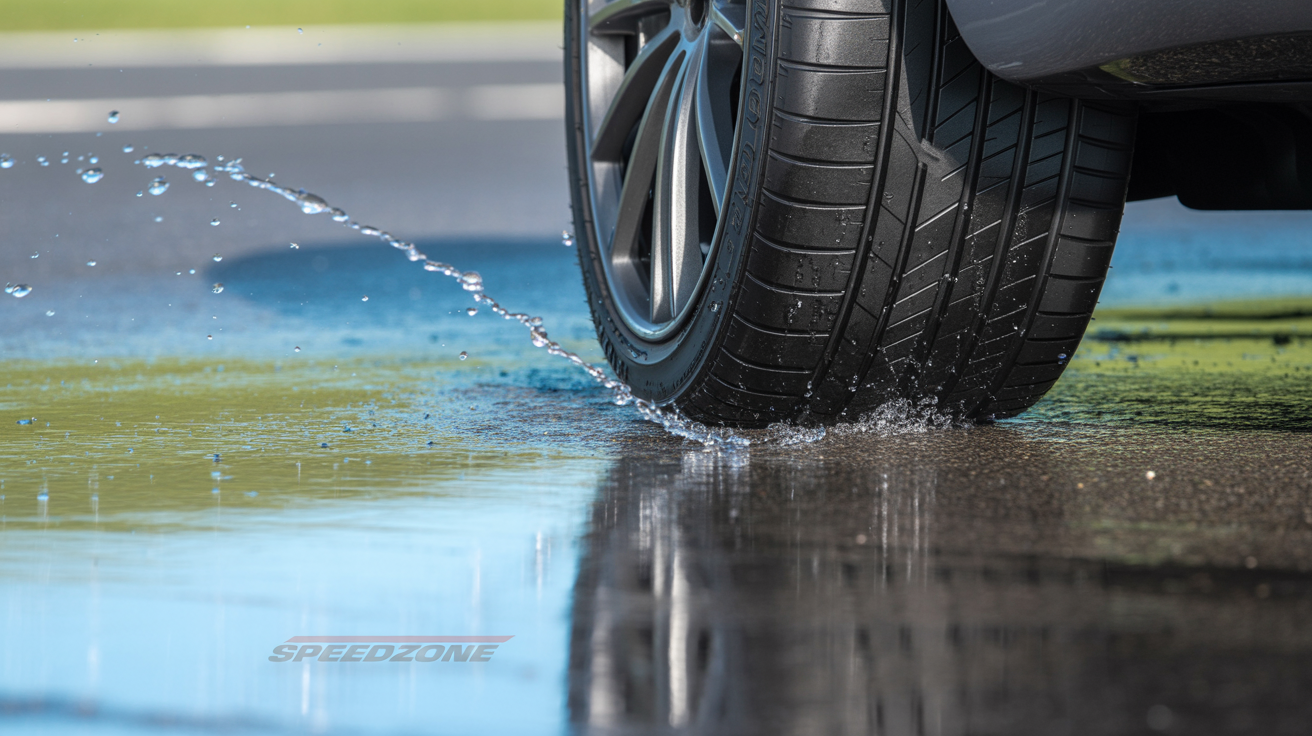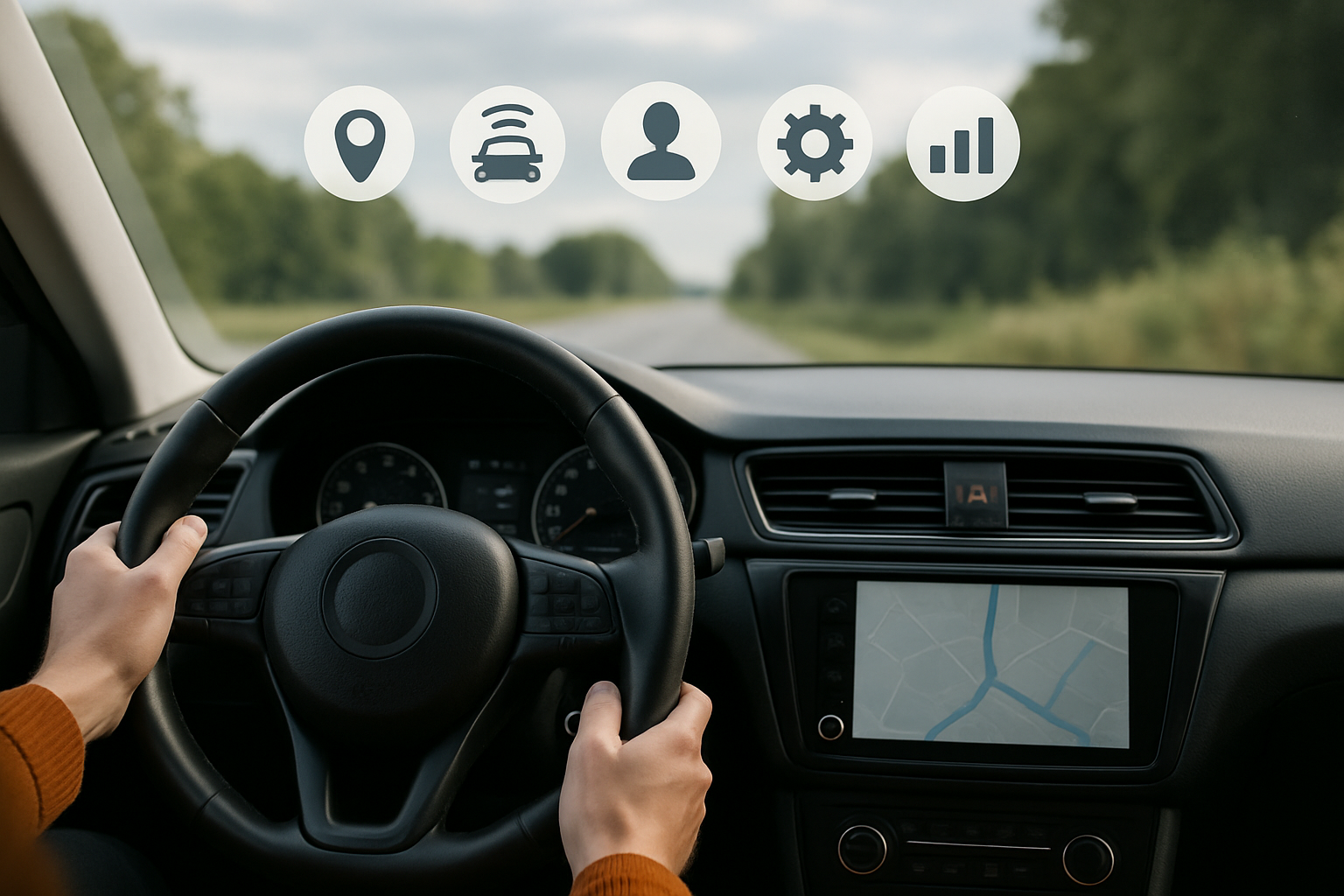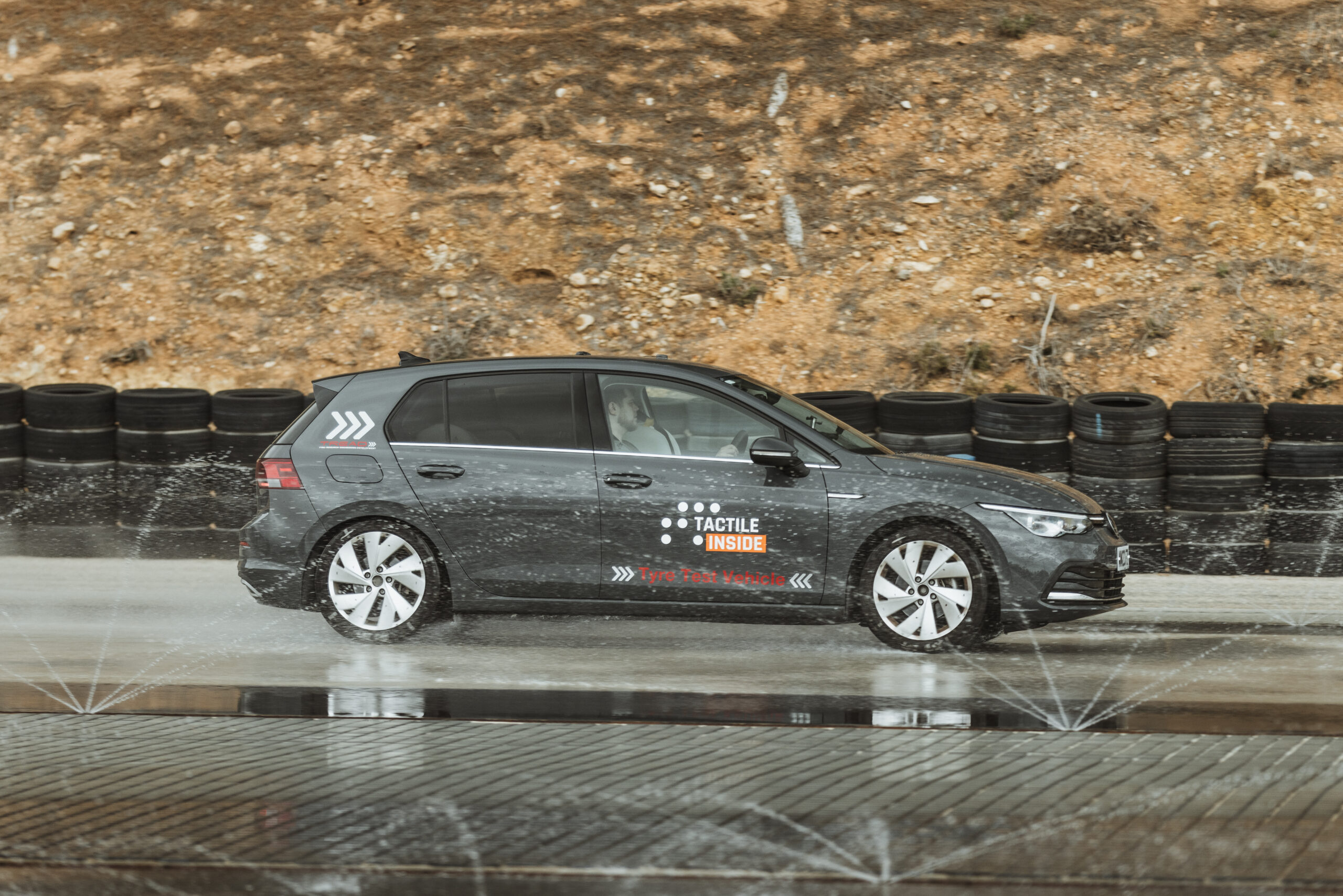Rebecca Bellan@rebeccabellan / 2:00 PM GMT+3•October 27, 2021 | TechCrunch
Israeli startup Tactile Mobility uses existing vehicle sensor data to enable cars to “feel” the road in a way that generates insights about both the vehicle and the road via its cloud platform. On Wednesday, Tactile announced a $27 million Series C raise which it will use to further develop its virtual sensors, expand its product offerings and bolster its cloud platform — all of which will require up to 20 new hires in R&D this year, according to Shahar Bin-Nun, CEO of Tactile Mobility.
The funding round, which brings Tactile’s total funding to $47 million, was led by Delek Motors, with strategic investment from Goodyear Ventures and Porsche Ventures and support from Union Group, The Group Ventures, Zvi Neta (AEV), Giora Ackerstein and Doron Livnat.
“Our company is basically divided into two parts — the data acquisition and the data monetization,” Bin-Nun told TechCrunch. “We do data acquisition with a very unique piece of software that we call the Tactile Processor (TP), which is installed in the engine control unit of the chassis. With the TP, we are able to create numerous non-visual virtual sensors for the OEM that mostly improve safety, performance and enjoyability of the driving.”
The second part of Tactile’s business model revolves around its cloud platform, called Tactile Cloud (TC), which is where data from the virtual sensors are uploaded in order to create tactility maps that describe either vehicle DNA or road surface DNA. Those maps can then be sold to OEMs, transport authorities, municipalities, insurance companies, tire companies, Tier 1s and others.
Out of the 23 virtual sensors Bin-Nun says Tactile engages in vehicles, the major one the company has worked on is its tire grip estimation with BMW, which measures the grip between the car and the road while a car is cruising. Tactile’s TP is in 2.5 million BMW vehicles annually, according to the CEO, which means millions of vehicles are passively mapping road surfaces for the company.
Mapping the roads by measuring tire grip enables Tactile to map things like potholes, cracks in the road, slipperiness, snowfall and more. The insights can be gathered in real time and downloaded to other vehicles roaming in a specific area, which might give drivers a heads-up to poor road conditions and improve safety. Analytics can also be shared via a report for third parties like mapping companies, road authorities or fleet managers to identify areas of distress on the road.
Tactile has a revenue share model with the OEMs it works with so that it is able to monetize whatever data it collects in its cloud. Bin-Nun says the startup has done more than 30 proof of concepts and pilots with seven OEMs, but it has only reached production-level capabilities with BMW.
“Up until now, we’ve been a company of 25; now we are 40 employees, so we were a bit limited in our ability to expand,” said Bin-Nun. “You can imagine that as a small company running a project for BMW, we were completely busy with the implementation and integration with BMW and all the tests we had to do to be compliant with their requests, so we want to now be able to work in parallel with many OEMs.”
That means also developing its other sensors so the company can offer more services and insights to customers. For example, some OEMs are interested in tire health. Tactile says it can measure the tread depth of the tire extremely accurately while driving, which can tell OEMs if the tire needs to be replaced or how a driver should drive given the type of tire and the terrain.
“Another important one and the reason Goodyear invested in the company is that we can accurately measure if the tire is too stiff or not,” said Bin-Nun. “They did a test with us just after they invested in this round. So the tire health family of virtual sensors is definitely an important type of virtual sensors that we develop. Other OEMs ask for things like weight estimation and center of gravity, things that our virtual sensors pick up on and we use machine learning and signal processing to clean up a lot of noise.”
Other sensors include weight estimation, aquaplaning, vehicle health sensors and micro collisions. With the Series C funding, Tactile hopes to be able to build out these sensors so it can be more appealing to OEMs. The startup’s goal is to be inside every major OEM, which will give it massive scores of data to collect, analyze and monetize, which will help it develop in tandem with burgeoning tech, like autonomous vehicles.
“Connected and autonomous driving are key to the future of people and goods movement,” said Abhijit Ganguly, managing director, Goodyear Ventures, in a statement. “For improved safety and efficiency of connected and autonomous driving, tire data is key.”




